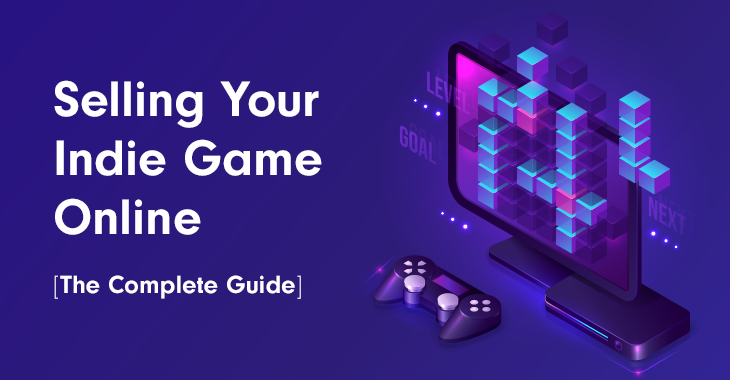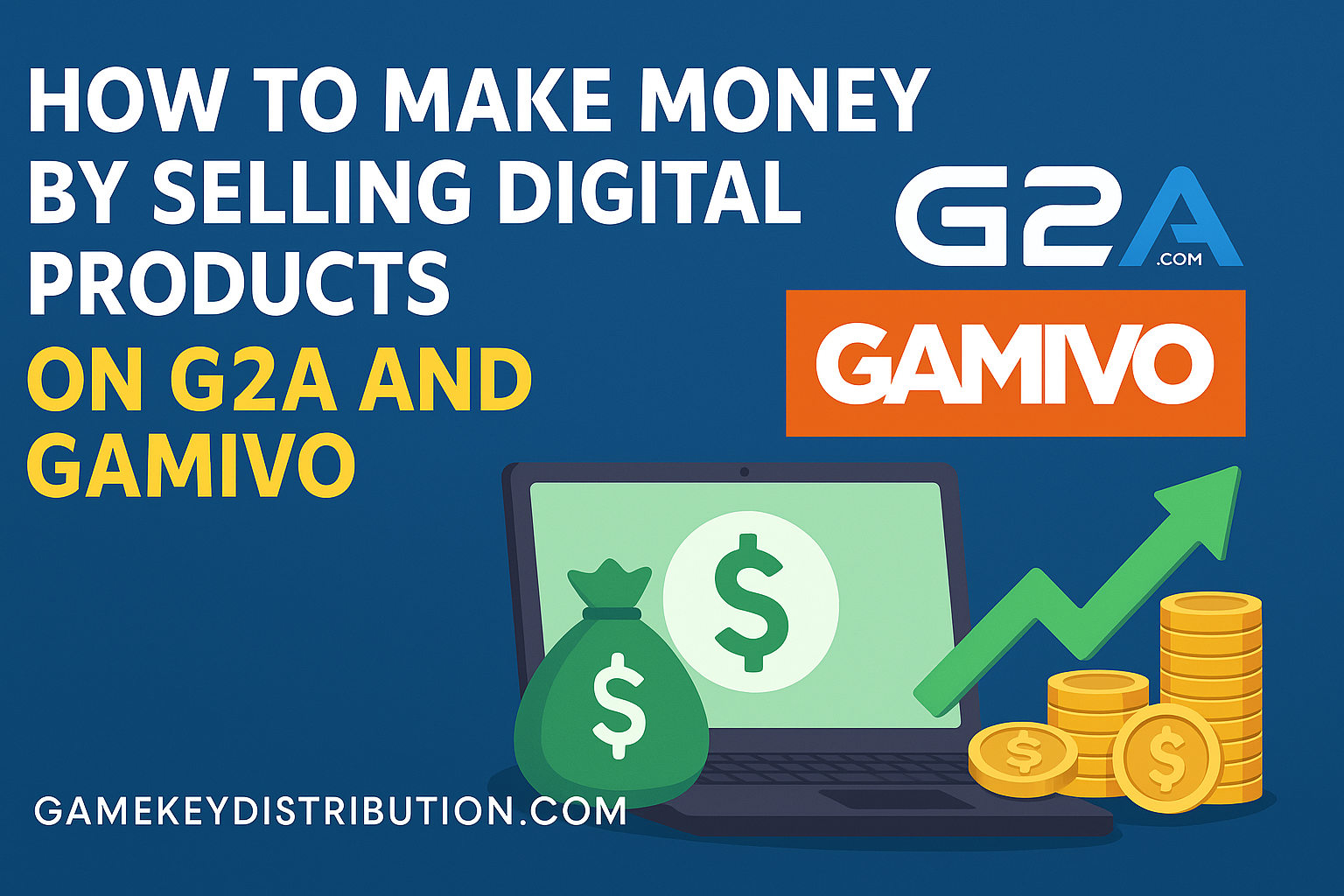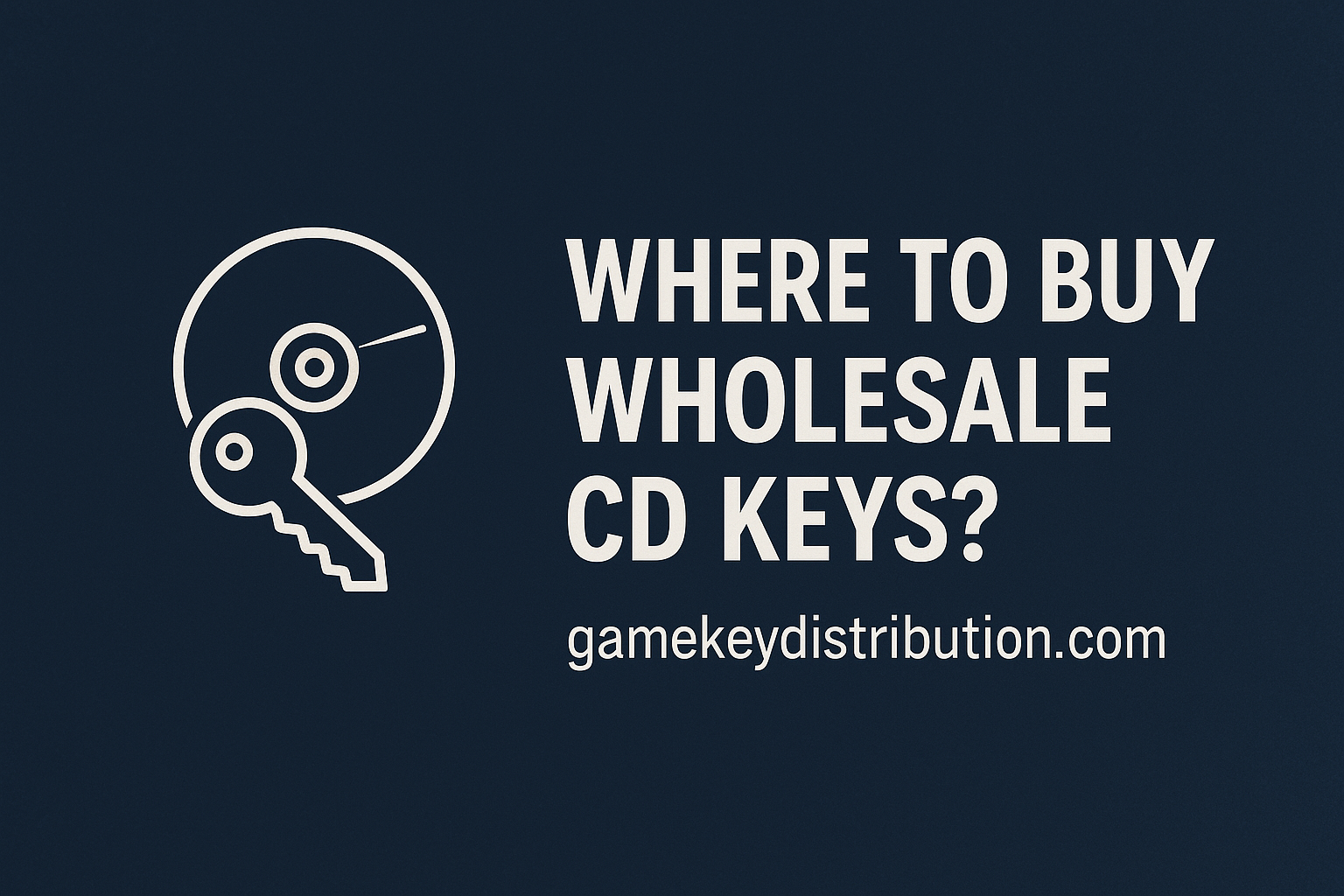Developing a game is no easy feat—especially if you’re working solo or as part of a small team. But for most indie developers, the real challenge begins after the game is finished: How do you get your game in front of players?
Without the marketing power of major publishers, choosing the right platform becomes critical. The right choice can give your game visibility, an audience, and revenue. In this article, we’ll walk through 5 powerful platforms where indie developers can publish their games, each with its own strengths and ideal use cases.
1. Steam
Steam is one of the largest and most popular digital distribution platforms in the world. Thanks to the Steam Direct system, indie developers can easily submit their games without a publisher.
Advantages:
- Massive user base (over 120M monthly active users)
- High discoverability potential
- Frequent sales and visibility events
- Strong community features (reviews, guides, forums)
Disadvantages:
- 30% revenue share
- Requires a $100 fee per game
- Highly competitive environment
Despite the challenges, Steam remains the go-to platform for many indie developers seeking mass exposure.
2. Itch.io
Itch.io is a haven for indie developers looking for freedom. You can upload, price, and present your game however you like, without approval delays.
Advantages:
- You set the revenue share (even 0% if you want)
- Fast, simple publishing process
- Great for prototypes, demos, or small-scale games
- Customizable game pages
Disadvantages:
- Smaller audience compared to mainstream platforms
- Limited commercial reach
It’s perfect for newcomers, experimental projects, and building a niche community around your work.
3. Epic Games Store
Epic Games Store stands out with its developer-friendly 12% revenue share and massive promotional campaigns. While the submission process is more selective, Epic does welcome high-quality indie titles.
Advantages:
- Low 12% commission
- Opportunity for promotion via Epic campaigns
- Access to a younger, Fortnite-driven audience
- Strong Unreal Engine integration
Disadvantages:
- Not all games are accepted
- Lacks community features compared to Steam
If you have a polished game and a bit of marketing confidence, EGS is a serious option.
4. GOG (Good Old Games)
Created by CD Projekt, GOG focuses on DRM-free experiences. It’s especially suited for story-driven, single-player, and retro-style games.
Advantages:
- DRM-free model appeals to certain gamers
- High-quality, curated storefront
- Loyal and niche audience
- Transparent update and patch system
Disadvantages:
- Highly selective approval process
- Not ideal for live-service or multiplayer games
For indie devs making immersive or nostalgic games, GOG can be a perfect fit.
5. Game Jolt
Game Jolt is gaining popularity among younger communities and content creators. It’s built for interaction, creativity, and community-based discovery.
Advantages:
- Strong community focus
- Supports sharing artwork, blogs, and devlogs
- Accessible to small or experimental projects
- Popular among younger developers and players
Disadvantages:
- Smaller commercial potential
- Platform is still evolving
If your game is creative, quirky, or community-driven, Game Jolt is worth exploring.
General Summary
Publishing a game is more than just uploading a file. Choosing the right platform can determine whether your game thrives or disappears. Each option offers something different depending on your goals.
Steam brings the biggest audience, Itch.io gives you freedom and control, Epic Games Store offers better revenue share, GOG is perfect for niche and DRM-free fans, and Game Jolt connects you with a younger, creative community.
Take your time, do your research, and choose the platform where your game truly belongs.





